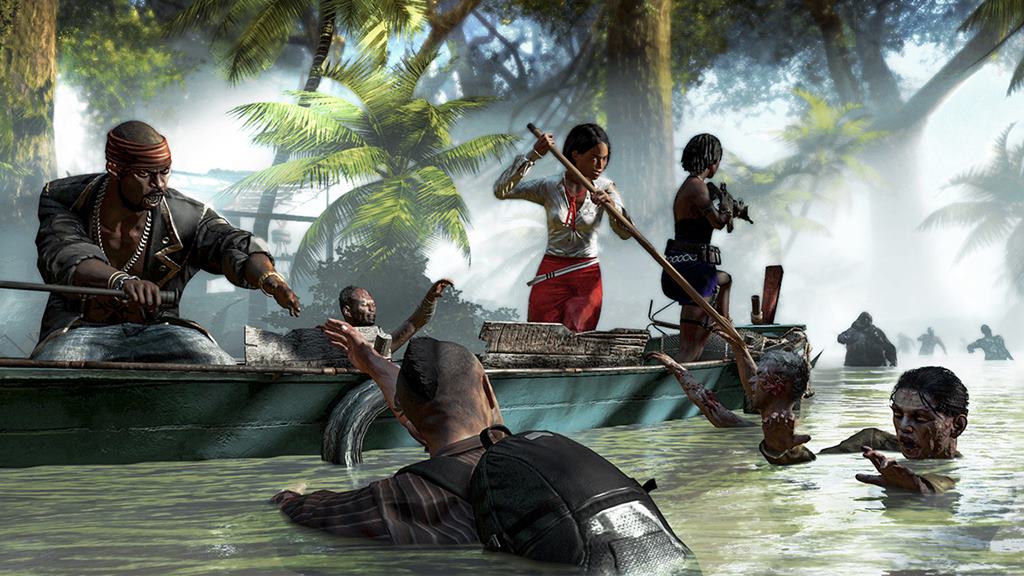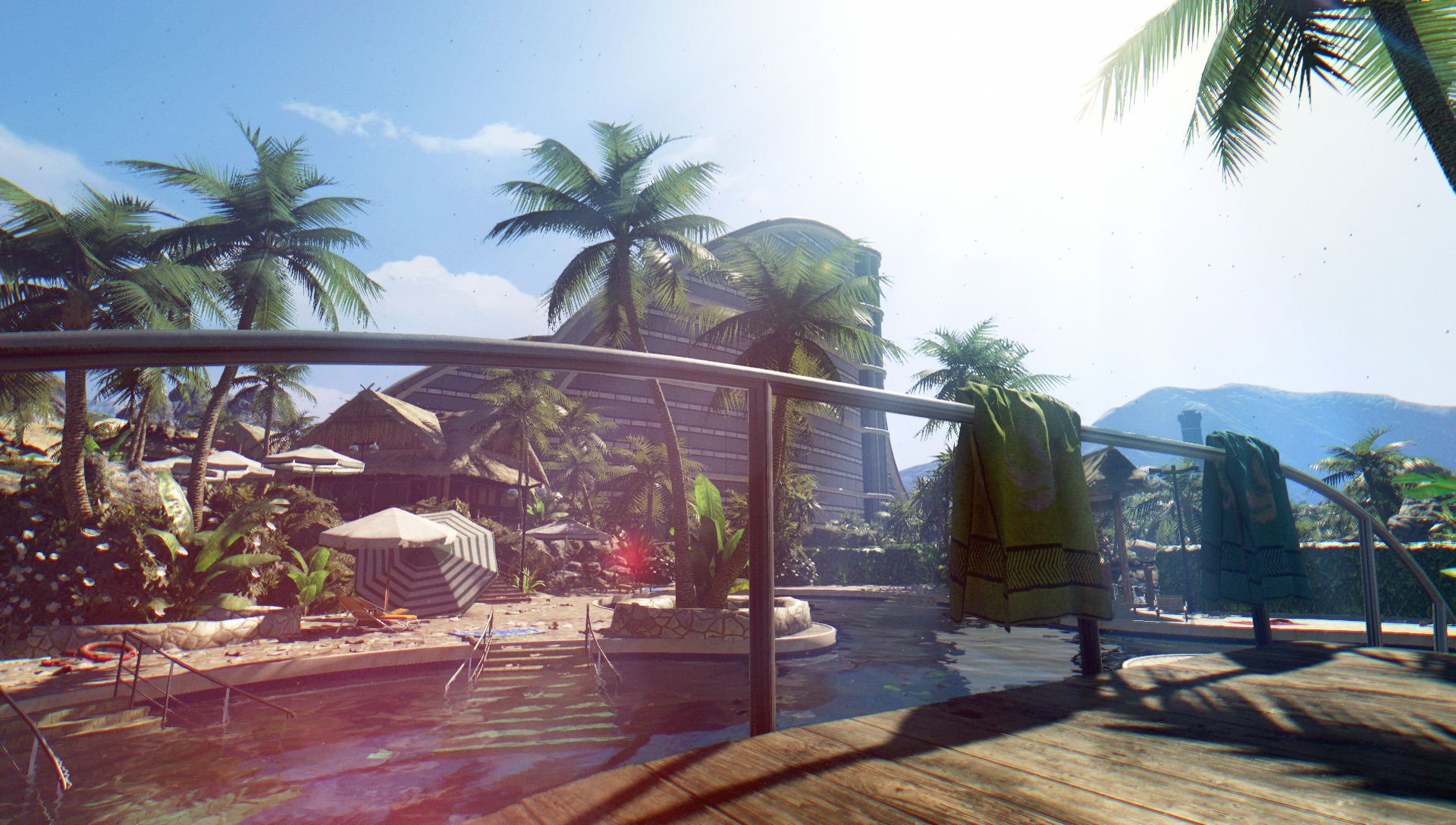


Over a year before the sequel's announcement, a spin-off called Dead Island: Riptide was released to middling critical reception, but it was a major entry nonetheless. E3 was a phenomenon within itself, and even though it's questionable whether fans will see E3 recover from its 2023 cancelation, that particular event set the stage for major titles slated for the then new Xbox One and PS4 systems.

Initially, Dead Island 2 was revealed during Sony's 2014 E3 press conference, almost three after the release of the first game. RELATED: Dead Island 2 Fans Already Have a Great Ship to Jump to After Finishing the Game A New Generation of Games Followed Dead Island 2's 2014 Announcement Now that it is released, it might be worth checking just how much gaming has changed in the years that followed its original announcement. RPGs have continued to grow since, coming in many shapes and open-world varieties while Dead Island 2 was internally rebooted. Still, Dead Island established its own audience by focusing on simple, survival-inspired fun with co-op features that also brought friends into that adventure. It was released in 2011, a time when Bethesda led the industry in first-person, multi-platform ARPGs. The first Dead Island game originally filled a unique niche in RPGs, especially for those that leaned into more action-heavy combat systems. That was until Dambuster Studios was announced as Dead Island 2's new developer, which led to one of the most unexpected gaming comebacks in recent memory. Fans who were excited about the prospects of another first-person, co-op zombie game in that tropical setting were left without much news for years, and the franchise seemed all but lost. It's been a long road for Deep Silver's Dead Island 2, a sequel that was initially announced in 2014 and eventually underwent several revisions at different development studios.


 0 kommentar(er)
0 kommentar(er)
